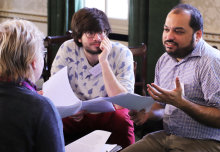

BRIDGING THE GAP
Stronger collaborations with social sciences essential to tackling AMR
Workshop explores how social sciences methodologies can improve strategies to change antibiotic prescribing behaviours.



Stronger collaborations with social sciences essential to tackling AMR
Workshop explores how social sciences methodologies can improve strategies to change antibiotic prescribing behaviours.


Global Health students work with London communities to tackle global challenges
Students enrolled on a new and improved Global Health degree shared their insights with community groups at Imperial's White City campus.


Screen time before bed puts children at risk of anxiety, obesity and poor sleep
Pre-teens who use a mobile phone or watch TV in the dark an hour before bed are at risk of not getting enough sleep, a new study reveals.
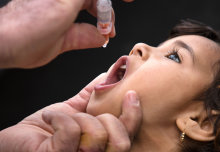

Imperial launches its first public health online degree
The Global Master of Public Health, developed alongside Coursera, is Imperial's first fully-online degree in the health field.
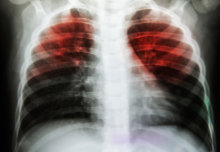

New blood tests for TB could accelerate diagnosis and save the NHS money
Rapid blood tests used by the NHS are unable to rule out tuberculosis (TB) and should be replaced with a new, more accurate test, a study has found.
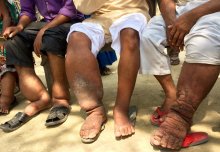

Elephantiasis and river blindness could be eliminated faster with new molecule
A new potential drug molecule could reduce treatment times for two widespread diseases from weeks to days, ultimately helping to eliminate them.
 2
2
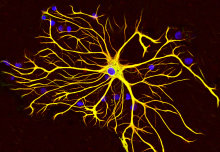

Brain’s 'support cells' help mammals to keep time
'Caretaker' cells which support neurons in the brain play more of an active role in circadian rhythms and animal behaviour than previously thought.
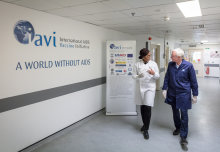

Leading MP hosted by Imperial Scientist at IAVI Human Immunology Laboratory
Norman Lamb MP visited the International AIDS Vaccine Initiative (IAVI) Human Immunology Laboratory at Chelsea and Westminster Hospital last week.
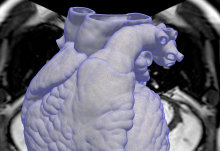

Imperial and Bayer to accelerate drug discovery for heart conditions using AI
A new industrial partnership will use artificial intelligence (AI) to speed up drug discovery.
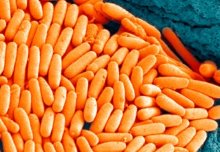

Feature
Faecal transplants, ‘robotic guts’ and the fight against deadly gut bugs
A simple compound found in our gut could help to stop dangerous bacteria behind severe, and sometimes fatal, hospital infections.